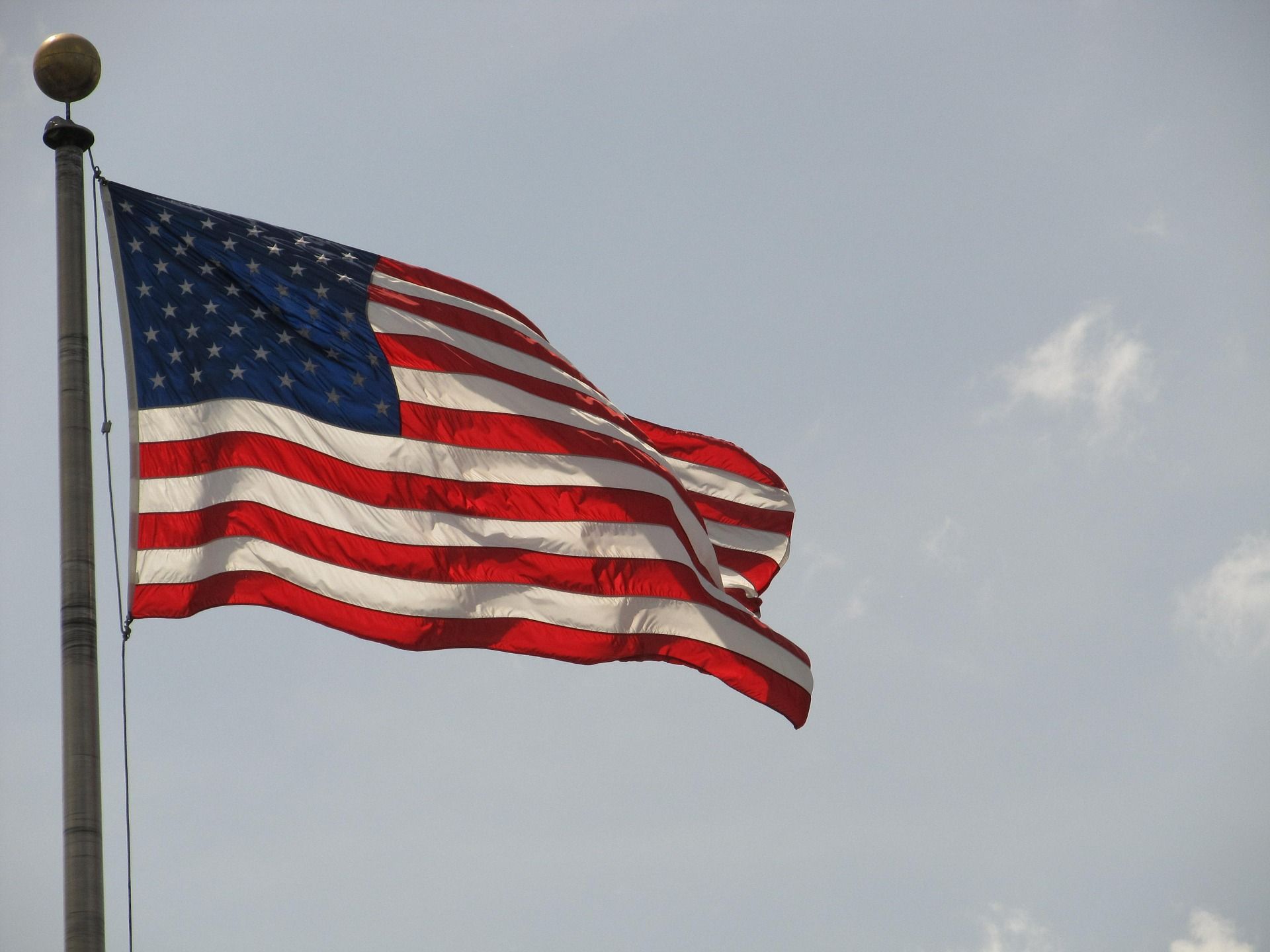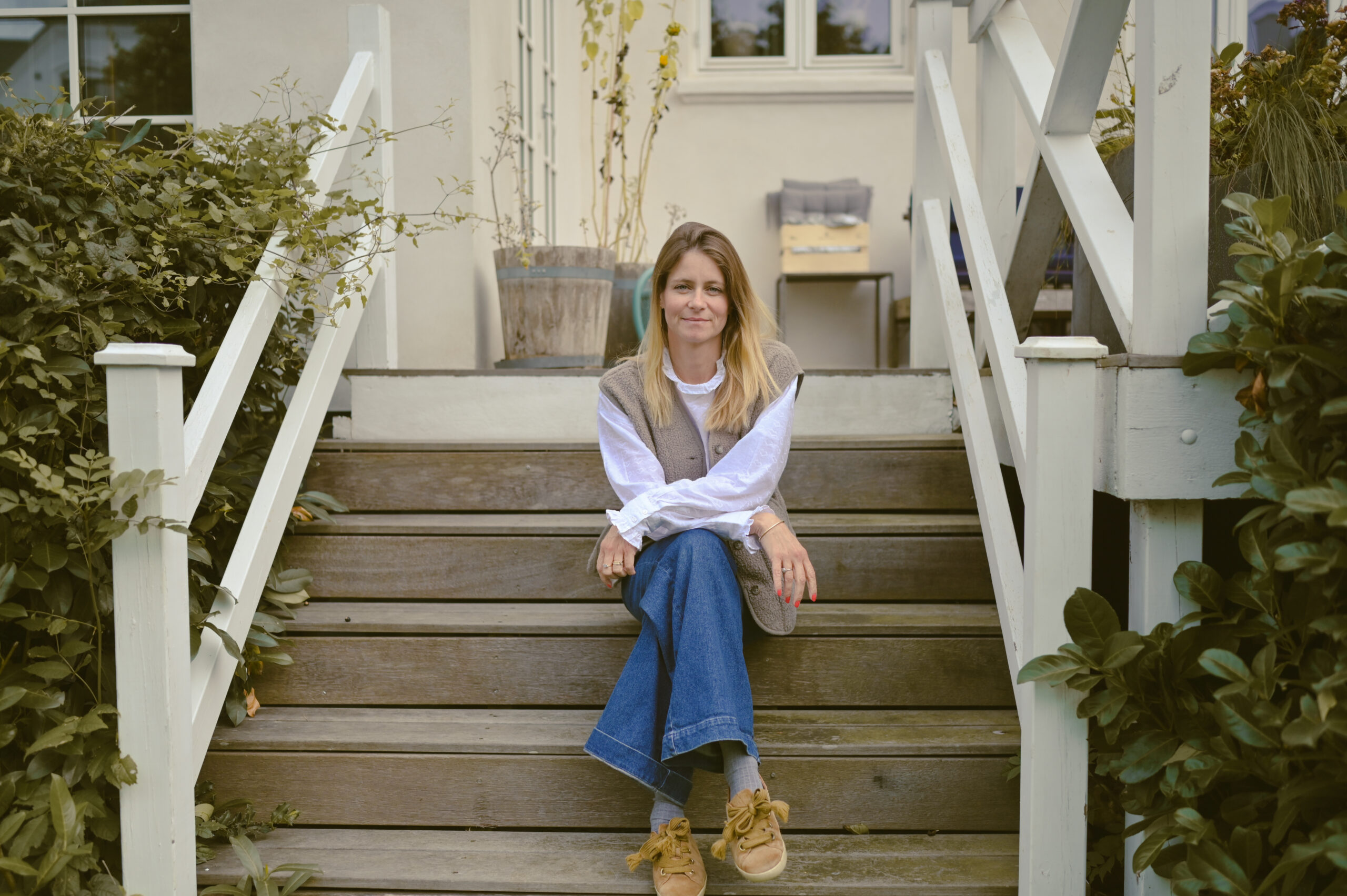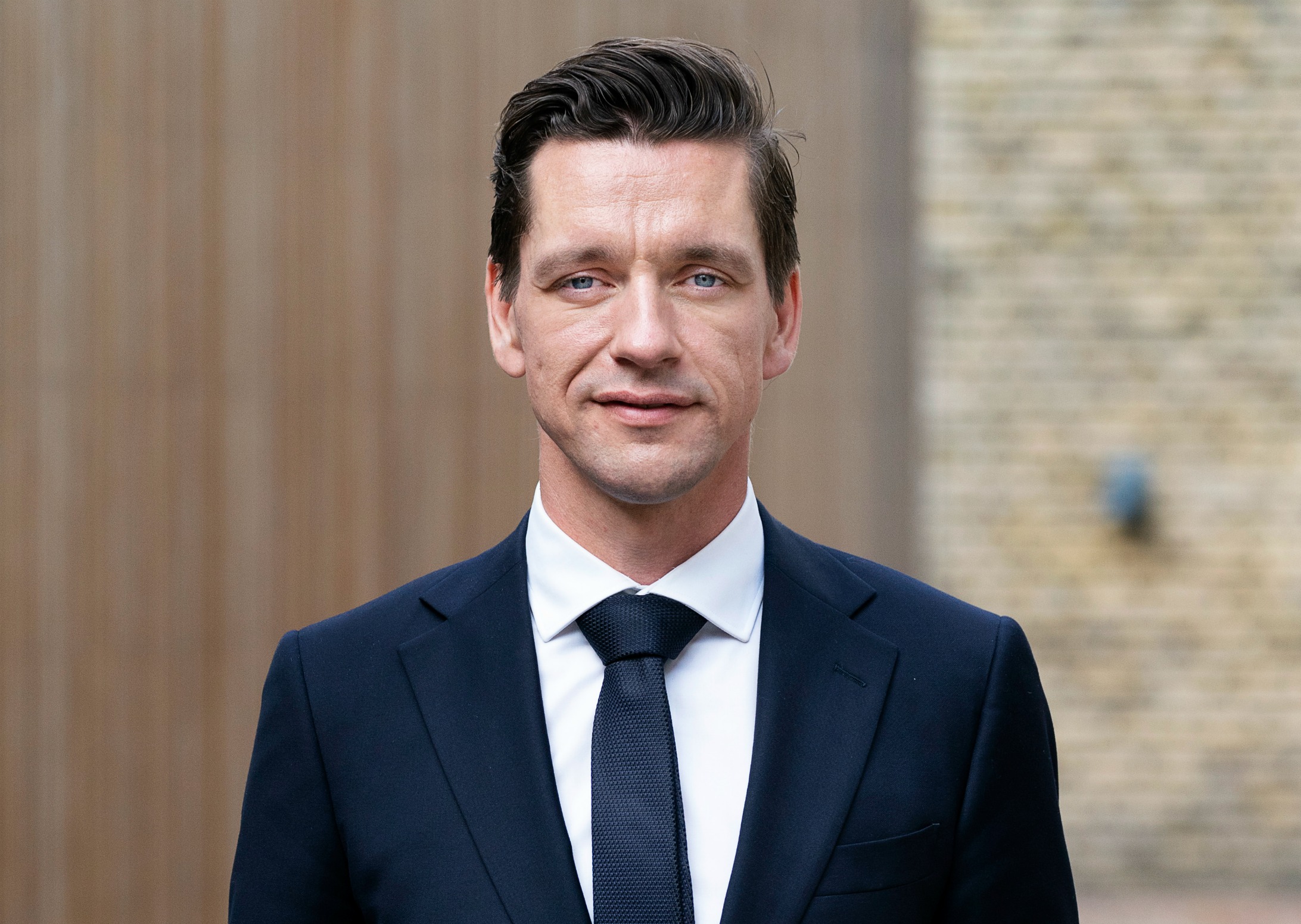Increasing numbers of Danes are marrying foreigners according to Danmarks Statistik.
In 2010 and 2011, every seventh marriage was to a foreigner, the highest level of mixed marriages in ten years.
With more than 50,000 marriages between a Dane and a foreigner since the turn of the millennium, professor Peter Gundelach, from the University of Copenhagen’s sociology department, argued Danish culture is bound to be affected.
“The growing variation in the composition of couples will inevitably mean that new traditions and practices are imported to Denmark – for example from people with different faiths,” Gundelach told Berlingske newspaper.
Gundelach pointed out that people will bring their faiths and traditions with them from their home countries and this can change everything from how birthdays and holidays are celebrated, to the types of foods that are eaten at home.
“In couples with different backgrounds, the two parties will often negotiate to find a way to keep traditions alive that satisfy the needs of both,” Gundelach said.
Pia Kjærsgaard, leader of the right-wing Dansk Folkeparti, said she was not concerned that the many mixed marriages would dilute Danish values and traditions.
“But it is logical that the moment people with foreign backgrounds refuse to integrate or accept Danish culture it becomes a problem and a threat,” Kjærsgaard told Berlingske.
Lisbeth B. Knudsen, a professor and demographics researcher at Aalborg University, argued there was little need to worry about Danish traditions changing over time.
“Many of the traditions that we think are Danish are actually appropriated from abroad,” Knudsen said. “For example the tradition of placing a Christmas tree in the living room is actually German. So I see it not as a threat to Danish values but as a natural development.”
She added that open borders and the decreasing cost of travel meant that more Danes wee likely to meet, and therefore marry, foreigners.
There were more than double the number of marriages between Danish men and foreign women last year (2,277) than between Danish women and foreign men (1,035).
And while Danish women tend to find their foreign husbands in Europe (Germany, the UK and Norway are the three most common home countries of foriegn-born husbands), Danish men look further east for their foreign wives (Thailand, the Philipines and Germany being their preferred choice for foreign wives).
The rise in the number of marriages with foreigners arrives despite strict immigration rules such as the 24-year rule, which prohibits marriage with a foreigner from most non-western countries if either party is under that age.
Factfile | Most common countries of origin
Ten most common countries of origin of foreign-born spouses
| Husbands | Wives | |
| 1 | Germany | Thailand |
| 2 | Great Britain | Philippines |
| 3 | Norway | Germany |
| 4 | Sweden | Sweden |
| 5 | Netherlands | Norway |
| 6 | Turkey | Poland |
| 7 | USA | Russia |
| 8 | France | Ukraine |
| 9 | Poland | China |
| 10 | Iran | Iceland |
Source: Danmarks Statistik














